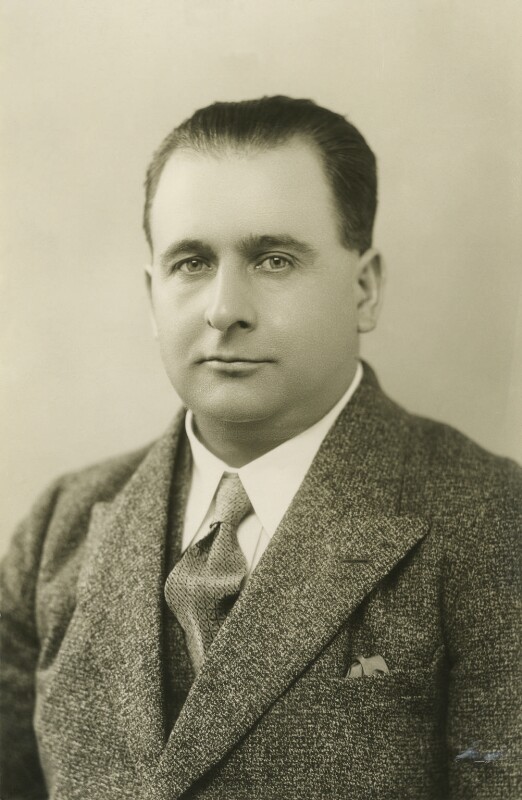Will Lawther on:
[Wikipedia]
[Google]
[Amazon]
 Sir William Lawther (20 May 1889 – 1 February 1976) was a
Sir William Lawther (20 May 1889 – 1 February 1976) was a
''Lawther, Sir William (1889-1976) Knight Politician and Trade Unionist''
- nationalarchives.gov.uk * 1889 births 1976 deaths Presidents of the National Union of Mineworkers (Great Britain) Vice Presidents of the National Union of Mineworkers (Great Britain) Labour Party (UK) MPs for English constituencies Miners' Federation of Great Britain-sponsored MPs UK MPs 1929–1931 Knights Bachelor Members of the General Council of the Trades Union Congress Presidents of the Trades Union Congress People from Choppington {{UK-trade-unionist-bio-stub
 Sir William Lawther (20 May 1889 – 1 February 1976) was a
Sir William Lawther (20 May 1889 – 1 February 1976) was a politician
A politician is a person active in party politics, or a person holding or seeking an elected office in government. Politicians propose, support, reject and create laws that govern the land and by an extension of its people. Broadly speaking ...
and trade union
A trade union (labor union in American English), often simply referred to as a union, is an organization of workers intent on "maintaining or improving the conditions of their employment", ch. I such as attaining better wages and benefits ...
leader in the United Kingdom
The United Kingdom of Great Britain and Northern Ireland, commonly known as the United Kingdom (UK) or Britain, is a country in Europe, off the north-western coast of the European mainland, continental mainland. It comprises England, Scotlan ...
.
Born in Choppington, in Northumberland
Northumberland () is a county in Northern England, one of two counties in England which border with Scotland. Notable landmarks in the county include Alnwick Castle, Bamburgh Castle, Hadrian's Wall and Hexham Abbey.
It is bordered by land ...
, Lawther was educated at Choppington Colliery School, then became a coal miner
Coal mining is the process of extracting coal from the ground. Coal is valued for its energy content and since the 1880s has been widely used to generate electricity. Steel and cement industries use coal as a fuel for extraction of iron from ...
. He became active in the Northumberland Miners' Association
The Northumberland Miners' Association was a trade union in the United Kingdom.
The union was founded in 1864 to represent coal miners in Northumberland, following the collapse of a short-lived union covering both Northumberland and Durham min ...
, which funded him to study at the Central Labour College
The Central Labour College, also known as The Labour College, was a British higher education institution supported by trade unions. It functioned from 1909 to 1929. It was established on the basis of independent working class education.
The colle ...
.
Lawther was active in the Labour Party, standing unsuccessfully for the party in South Shields at the 1922, 1923
Events
January–February
* January 9 – Lithuania begins the Klaipėda Revolt to annex the Klaipėda Region (Memel Territory).
* January 11 – Despite strong British protests, troops from France and Belgium occupy the Ruhr area, t ...
and 1924 United Kingdom general elections. From 1925 to 1929, he served on Durham County Council. At the 1929 United Kingdom general election
The 1929 United Kingdom general election was held on Thursday, 30 May 1929 and resulted in a hung parliament. It stands as the fourth of six instances under the secret ballot, and the first of three under universal suffrage, in which a party ha ...
, he switched to contest Barnard Castle
Barnard Castle (, ) is a market town on the north bank of the River Tees, in County Durham, Northern England. The town is named after and built around a medieval castle ruin. The town's Bowes Museum's has an 18th-century Silver Swan automato ...
, winning the seat, though he was defeated in 1931.
Out of Parliament, Lawther returned to trade unionism. He was elected to the General Council of the Trades Union Congress The General Council of the Trades Union Congress is an elected body which is responsible for carrying out the policies agreed at the annual British Trade Union Congresses (TUC).
Organisation
The council has 56 members, all of whom must be proposed ...
(TUC) in 1935, and as President of the Miners' Federation of Great Britain
The Miners' Federation of Great Britain (MFGB) was established after a meeting of local mining trade unions in Newport, Wales in 1888. The federation was formed to represent and co-ordinate the affairs of local and regional miners' unions in Engla ...
(MFGB) in 1939. The MFGB became the National Union of Mineworkers, with Lawther remaining president. In 1949, he was President of the TUC, and later that year, he was knighted.
Lawther retired from his trade union posts in 1954, and died in 1976.
Since his death, declassified archives have shown that Will Lawther had covertly been working with a secret Cold War propaganda department attached to the British Foreign Office called the Information Research Department
The Information Research Department (IRD) was a secret Cold War propaganda department of the British Foreign Office, created to publish anti-communist propaganda, including black propaganda, provide support and information to anti-communist pol ...
, and was paid by the British government to promote anti-communist material.
References
External links
* *''Lawther, Sir William (1889-1976) Knight Politician and Trade Unionist''
- nationalarchives.gov.uk * 1889 births 1976 deaths Presidents of the National Union of Mineworkers (Great Britain) Vice Presidents of the National Union of Mineworkers (Great Britain) Labour Party (UK) MPs for English constituencies Miners' Federation of Great Britain-sponsored MPs UK MPs 1929–1931 Knights Bachelor Members of the General Council of the Trades Union Congress Presidents of the Trades Union Congress People from Choppington {{UK-trade-unionist-bio-stub